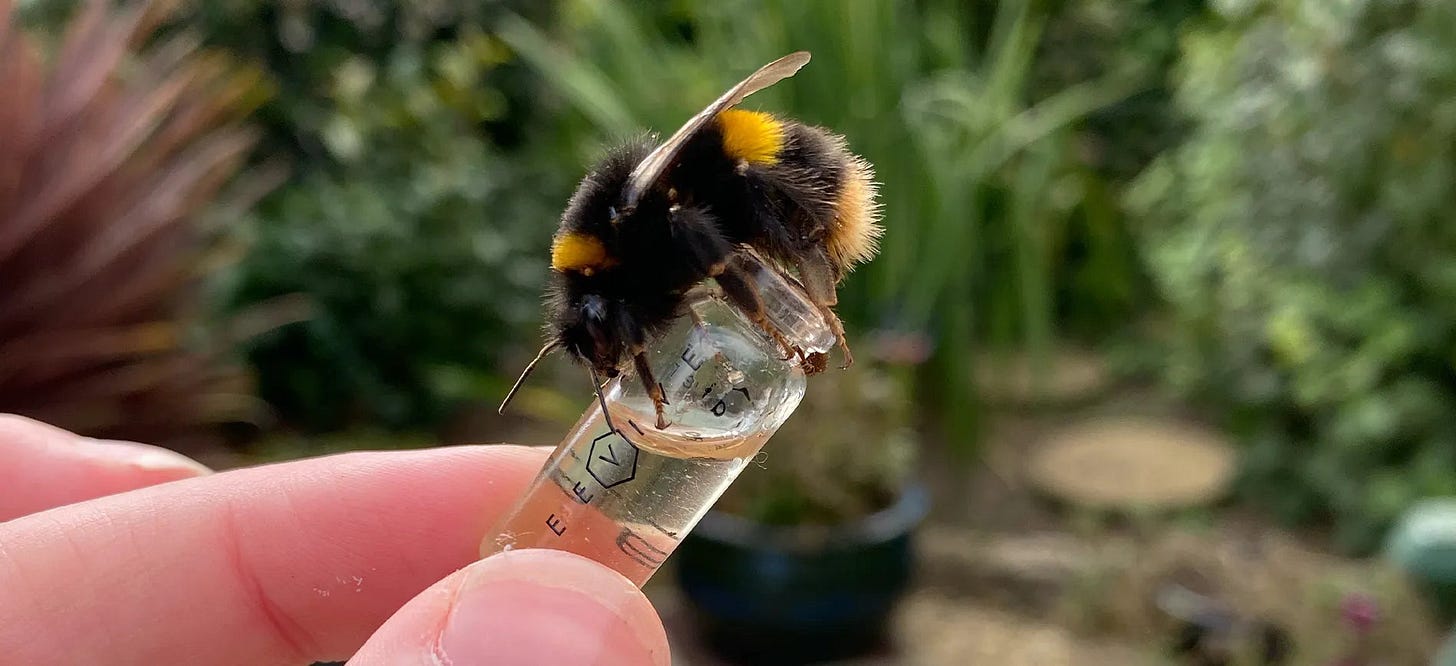TL;DR: Freelancing For Good is a platform and community for impact-driven freelancers, featuring a job board, Slack community, and vetted freelancer directory. We’re helping freelancers find meaningful work - and helping EA orgs find and hire aligned talent more easily.
Hello everyone!
After almost two years of testing, iterating, and building based on community feedback, we’re excited (and a little nervous!) to share Freelancing For Good with the EA Forum.
What is Freelancing For Good (FFG)?
Freelancing For Good is a platform and growing community for mission-driven freelancers. It began as a landing page collecting EA-aligned resources and has grown into:
- A 400+ member active Slack community
- An active freelance job board focused on high-impact roles
- A public directory of pre-vetted, value-aligned freelancers and entrepreneurs
- A space for freelancers to learn about EA ideas and earning to give
We believe orgs should make greater use of freelance talent to achieve more with their available resources. Freelancers are generally cost-effective, flexible, high quality and easy to work with.
Our aim is to help freelancers find purposeful work, support EA and EA-aligned orgs in finding talent, and expand the reach of EA ideas.
Community
Freelancing can be isolating, especially for people trying to do good.
Our Slack community connects freelancers who want to use their careers for impact - whether that means earning to give, working on cause areas, or both. We welcome members who are experienced with EA and new to EA, and we regularly share educational content and ideas to help them learn more over time. Many of our members have learned about EA principles for the first time through FFG.
The community has grown organically to 400+ members, with conversations leading to collaborations, accountability partnerships, and new projects. Over the past few months, we’ve been welcoming 10 - 15 new members each week. Based on this momentum and with outreach activities planned for the second half of the year, expect to reach at least 1,000 members by December 2025.
Job Board
The job board was a natural next step as the community grew. It brings high-impact roles (freelance, part-time and full-time) directly to freelancers, while helping orgs increase quality applications. We also list fellowships and volunteering opportunities.
Besides increasing the number of applications for jobs, the job board has helped us drastically grow organic website traffic, as our job posts are often listed in Google Jobs section.
Based on user feedback, we’re now prioritising better filters, user accounts, and smarter job alerts.
The job board is currently free for orgs to post opportunities on - so we would encourage you to send any opportunities to maja@freelancingforgood.com .
Freelance Directory
Launched in November, the FFG Freelance Directory connects orgs with pre-vetted, impact-driven freelancers. Profiles can be filtered by skills, cause area, languages, and availability.
To make the directory financially sustainable without relying on uncertain grants and external funding, we decided to charge freelancers a small membership fee. This covers operational costs and allows us to keep the directory free for orgs. We have also found that the membership fee improves freelancer commitment levels. We offer subsidies and a money-back guarantee to ensure access remains open to all regardless of financial position.
So far, this model seems promising, and we’re committed to testing it throughout 2025.
FFG Pledge Club
We’ve partnered with Giving What We Can to create a Pledge Club for freelancers who want to commit a percentage of their income to high-impact charities.
We believe that freelancers can play a big role in growing the culture of effective giving and unlock a significant amount of new funding for EA-aligned work in the long term.
In the next few months we aim to host various related events, and to develop a fellowship-style program to educate freelancers about effective giving.
Why we built FFG
Freelancers are entrepreneurial, impact-minded, and thoughtful about their careers - but often lack infrastructure to connect with aligned work. They often feel isolated and disconnected.
FFG aims to:
- Bring new talent and skills into EA
- Expand effective giving
- Support impact-driven freelancers with community and purpose
- Help orgs find talented, mission-aligned people more easily
Funding situation
We applied for funding on one occasion last year but weren’t successful. The majority of our work to date has been unfunded or volunteer-driven. We’re preparing a new application and looking for advice or connections that could help.
We’re also exploring partnerships and sponsorships with aligned organisations. If you’re interested in supporting this work, collaborating, or helping us grow, we’d love to hear from you.
How to get involved
Freelancers can:
- Join our Slack community
- Apply to be listed in the Freelance Directory
- Take a pledge via our Pledge Club
- Subscribe to our monthly newsletter
EA orgs and community members can:
- Use the directory to hire
- Post roles to the job board
- Co-host events or workshops for freelancers
Interested in helping or funding?
Email Maja at maja@freelancingforgood.com
What’s next
In the coming months, our focus is on:
- Securing financial sustainability
- Continuing community support (within our current bandwidth)
- Expanding our outreach and onboarding plans to reach more freelancers
- Exploring partnerships and sponsorships to grow the platform sustainably
- Testing and refining our platform features
We’re excited about what’s possible - but also aware that we are currently somewhat resource-constrained and that sustainability is a challenge.
We’d be grateful for any advice, suggestions, and connections.
Thanks for reading!




This is amazing